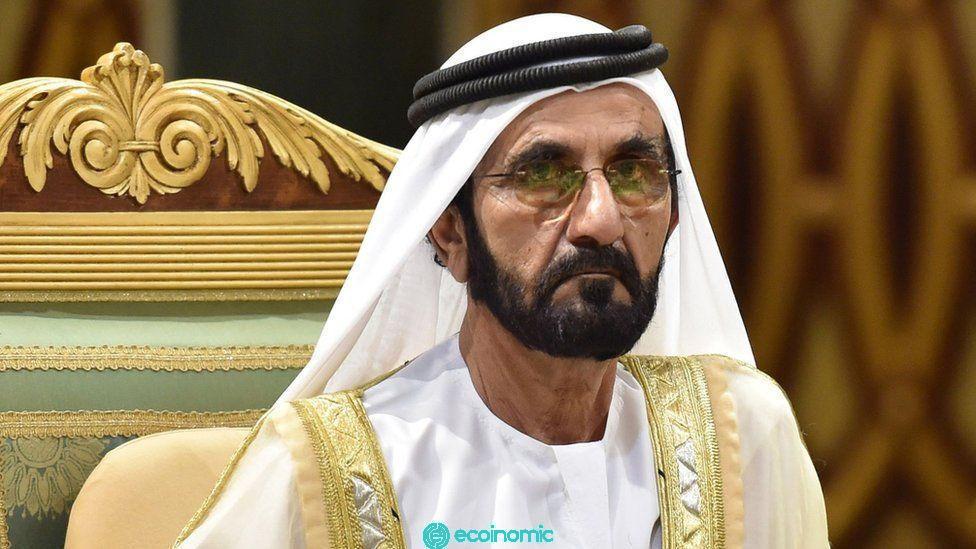Advertisement
Sheikh Mohammed bin Rashid Al Maktoum, vice president and prime minister of the United Arab Emirates (UAE) and ruler of Dubai, has announced new laws on crypto assets as well as the establishment of the Cryptocurrency Regulatory Authority.

In a newspaper on March 9, 2022, Sheikh Al Maktoum said he has issued a new regulatory framework for cryptocurrencies in the Emirate of Dubai aimed at protecting investors and designing international standards that are optimally guaranteed to govern the industry. He also announced that the newly formed Dubai Virtual Asset Regulatory Authority (VARA) will have enforcement rights in the UAE's special free and development zones except for the Dubai International Finance Centre.
According to Sheikh Al Maktoum, cryptocurrency law requires Dubai residents to register with VARA before engaging in cryptocurrency-related activities. Crypto asset trading businesses must also establish a presence in Dubai. These activities include operating cryptocurrency exchanges, trading and other services in the provision and trading of tokens.
The announcement did not specify which coins would comply with the law but added that in addition to establishing rules and controls, VARA would be responsible for classifying and designating cryptocurrency asset classes. Anyone found to have violated the new law could face fines or suspension and cancellation of a business license. The Board of Directors of dubai World Trade Center will propose the direction of handling when the violation occurs.
It is unclear how the new regulatory framework will impact free zones such as the Dubai World Trade Center, which has announced it plans to become a comprehensive region and regulator of cryptocurrencies, products, operators and exchanges by December 2021. Binance CEO Changpeng Zhao praised the creation of Dubai's VARA, saying that regulatory clarity for cryptocurrencies is crucial – the cryptocurrency operator bought an apartment in the city in October 2021.
Despite being an Emirate in the UAE, Dubai has many laws and regulations of its own, running a number of "free zones" where people can register and apply for trade licenses. For example, the Dubai Financial Services Authority acts as the financial regulator for the Dubai International Financial Centre and introduces the regulatory framework for cryptocurrencies.
















